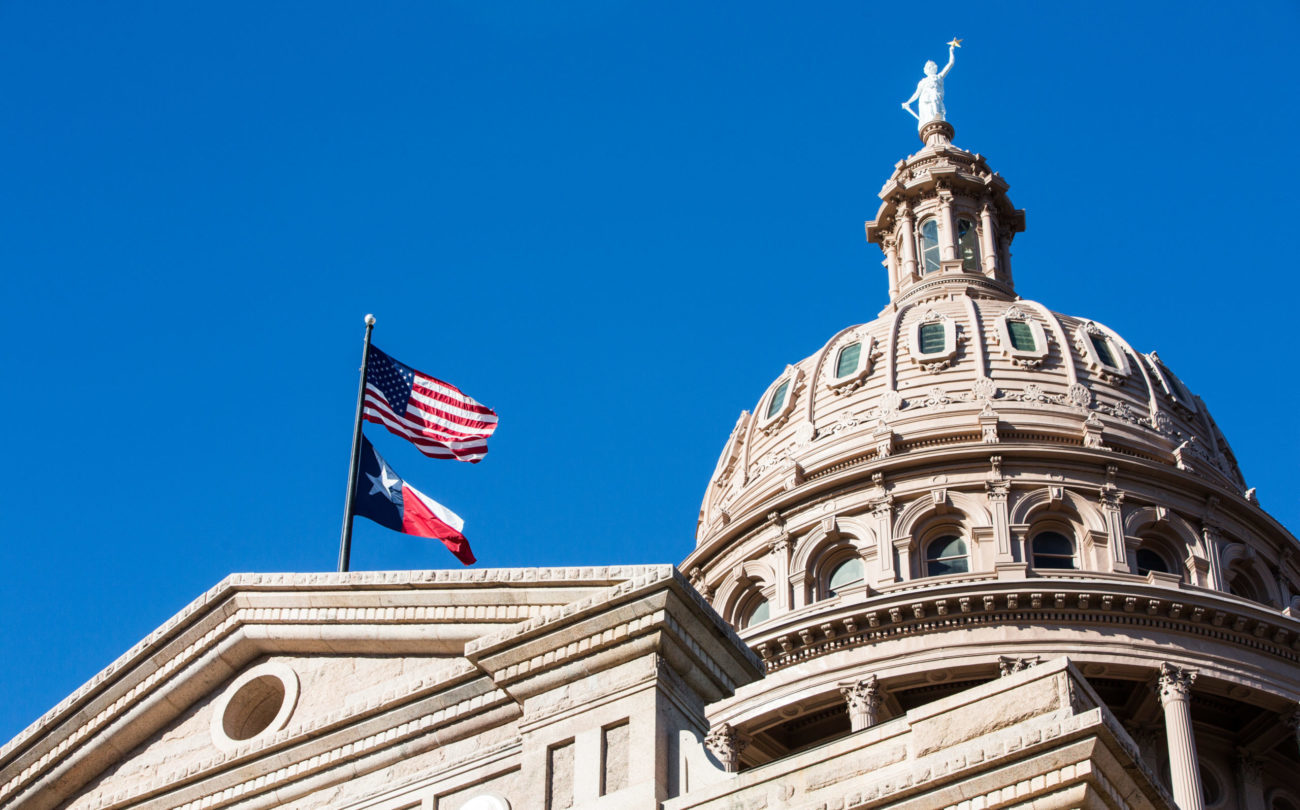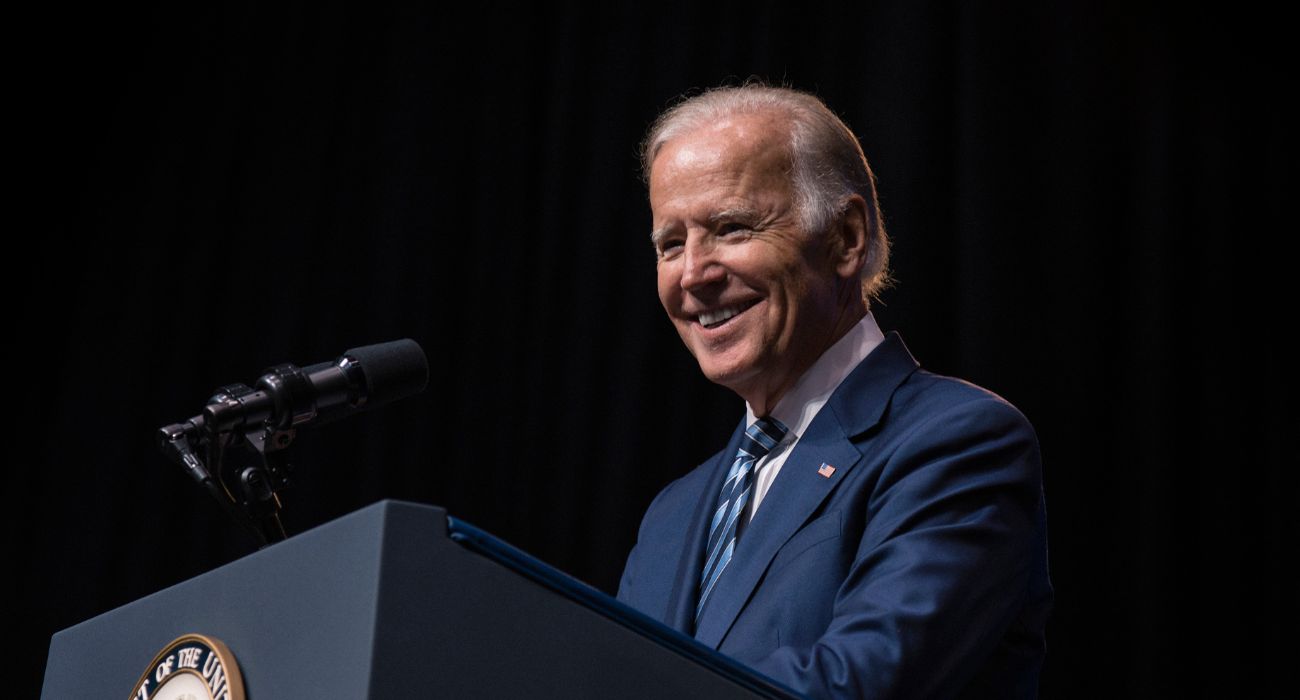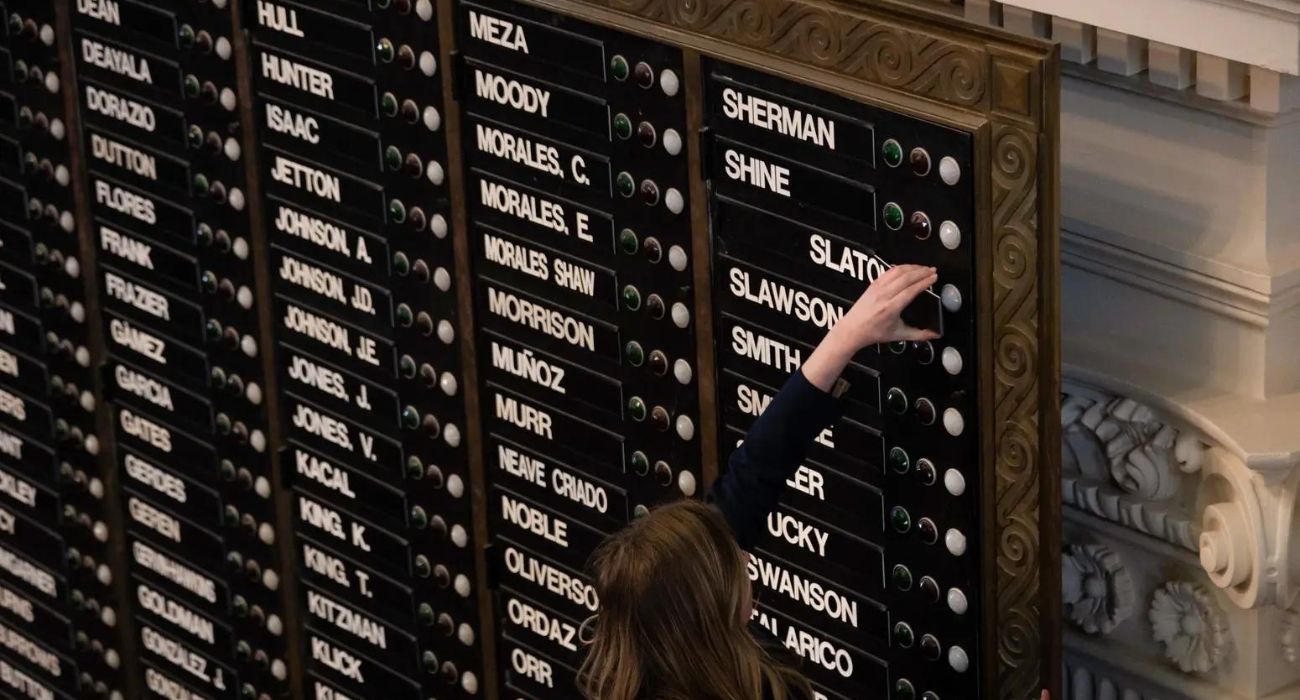Texas lawmakers will soon have to decide how to spend the state’s $27 billion budget surplus, and North Texans are hoping for tax relief.
The main drivers behind the state’s record-high tax surplus are property taxes, sales taxes, and oil and gas production taxes, according to Texas Comptroller Glen Hegar.
Almost “every single stream of revenue into the treasury of tax collections is up, higher than anticipated,” Hegar told Y’all-itics, a Texas-focused podcast.
With state coffers more than full, state and local officials are already debating how to ease the tax burden on state and local taxpayers.
Some of the state’s top officials, including Gov. Greg Abbott, Lt. Gov. Dan Patrick, and Texas House Speaker Dade Phelan, have said they want to use $3 billion in taxpayer dollars from COVID-19 relief funds to offset property tax reductions for Texans in the 2023 state budget.
While state lawmakers consider their options, local governments in cities like Dallas and Fort Worth are already moving to implement property tax rate cuts for their constituents.
The Dallas City Council recently proposed its most significant reduction in local property tax rates in roughly 40 years.
As part of the city’s proposed $4.5 billion operating budget, city officials included plans to lower the property tax rate by nearly three cents to $0.7458 per $100 assessed valuation.
For its part, Fort Worth proposed a two-cent property tax reduction to $0.7125 per $100 assessed valuation, as reported in The Dallas Express.
Other municipalities have also moved to either institute new tax-saving homestead exemptions or reduce property taxes, including Mansfield, Kyle City, Waco, and McKinney.
Still, tax rate cuts to assist homeowners are typically eliminated by increasing property value.
According to the Tax Foundation, Texas homeowners pay a higher proportion of their home value toward property taxes than most homeowners in other parts of the nation.
Property taxes in Dallas County increased roughly 25% over the past year, mainly due to skyrocketing home valuations, making two- to three-cent reductions in city property tax rates virtually meaningless.
Complicating the issue further, Data from the Texas Comptroller’s office found half of all property tax revenue paid to the state comes from school district property taxes.
“The only way to really institute meaningful property tax reductions would either be to find some other revenue source or to substantially cut education budgets,” said Charles Gilliland, an economist who studies property taxes at the Texas Real Estate Research Center at Texas A&M University. “Neither one of those options is palatable in today’s political atmosphere, so that’s how we got into this situation.”
While Hegar stated he would like some of Texas’ $27 billion budget surplus allocated for tax refunds, he believes improvements to the infrastructure will help alleviate pressure created by the more than 1,000 people moving to the state daily.
Hegar recommended Texas spend on water and road infrastructure, address rising property taxes, increase pay for state employees, and expand broadband internet connectivity.
Estimates are expected to be revised before state lawmakers convene in 2023 to vote on a budget, Hegar said.







The state should use some of this money to cover ERGOTs’ losses. ERCOT is surcharging the customers to cover their mistakes that resulted from the freeze.
My bill is the highest it has ever been !
ERCOT’s losses were due to incompetence. The majority of ERCOT’s board members lived in other states. As you say consumers shouldn’t be responsible. The state of Texas shouldn’t be responsible either. ERCOT should be responsible. They can afford it. ERCOT’s new CEO lives in Ohio. He will be paid a base annual salary of $990,000. He will receive a lump-sum payment of $247,500 by Dec. 31, and he will receive “make-whole” payments totaling $6.68 million over the next five years. He also will be eligible for up to $1.4 million annually in combined short- and long-term incentive payments over the next five years. Twenty other ERCOT executives earned between $200,000 and $548,000 in 2019, the agency’s latest IRS report shows. Dwayne Rickerson, ERCOT’s vice president for Texas grid planning and operations, made $344,500 in 2019.
Finish building the freaking border wall!!